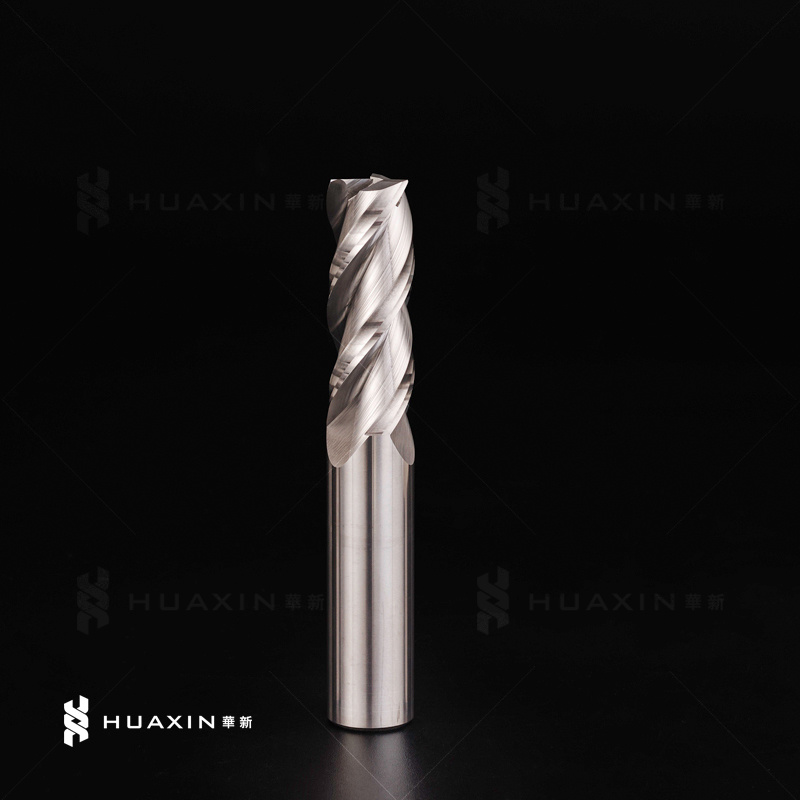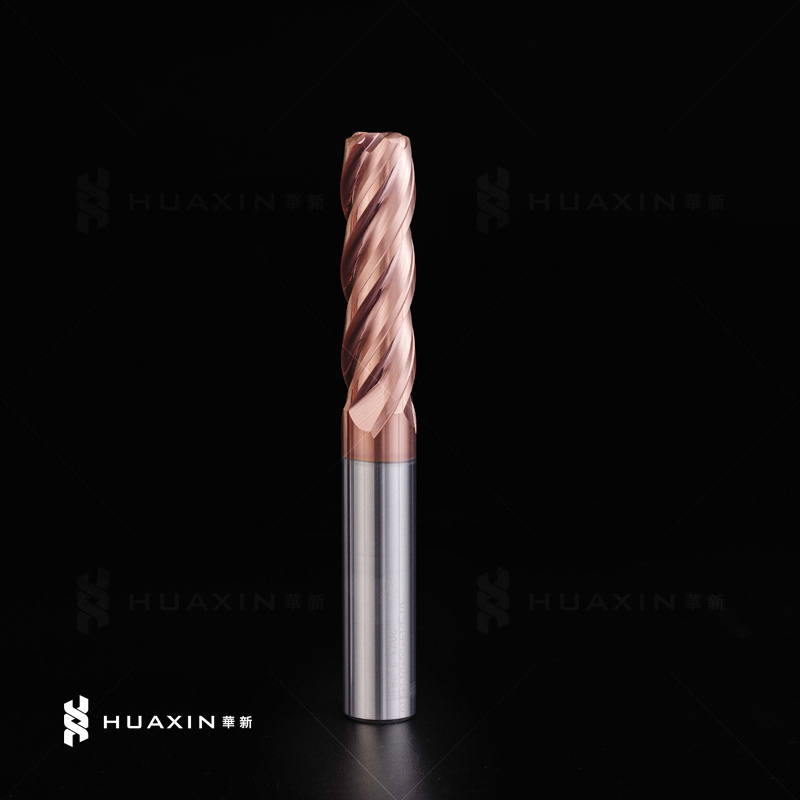This new quick-change tooling system enables shops to get more production from their Swiss turning centers through reduced tool setup time and matches the performance of a solid tool.
Not too long ago tooling options for Swiss-type turning centers were fairly limited. With so much to pack into a small space, there was little room for indexable tooling, and quick-change systems were largely proprietary to a machine, if available at all. Lack of tooling flexibility and lengthy tool setup or replacement times limited the throughput of this very productive equipment. Fine Boring

Cutting tool manufacturer Iscar has been focused on solving this issue for several years, which is yielding significant results. Last year, the emphasis was on the extension of its Multi-Master line down to smaller sizes that make the use of modular, indexable milling tools possible on space-restricted machines. The tooling lines in this class range from 8 to 40 mm (0.315" – 1.575") in diameter. They are ideal for milling applications on Swiss machines as well as other multitasking turning centers.
Currently, the emphasis is on Iscar’s new NEOSWISS quick-change heads for Swiss-type machines which were introduced in mid-2022. Also based on a modular concept, the line brings new flexibility to turning applications with a variety of heads for different operations. But perhaps the best thing about the system is the impact it can have on setup reduction. Heads can literally be swapped out in seconds, and with extremely high position repeatability via a four-point contact connection that approaches the stiffness of a solid tool.
The NEOSWISS system consists of shanks that remain installed in a machine and insert heads designed for easy removal/reinstallation. This can reduce downtime when there are frequent setups because job batch sizes are small while enabling redundant insert heads to be staged near a machine for long-running jobs.
The wedge locking mechanism is opened or closed with just a few turns of the locking screw.
Key to the NEOSWISS concept is a rotary wedge locking mechanism designed to amplify the clamping force and simplify head replacement. The connection between the tool body and head can be opened or closed with a few turns of the locking screw. The head seats on four precision ground contact points which, along with the high force locking mechanism, provide the machining performance you’d expect of a solid tool. This enables more aggressive machining with less vibration which in turn improves tool life. It’s also what provides positioning repeatability of ±0.0008 inch.
The heads seat on four precision ground contact points to assure rigidity and repeatability in the connection.
ISCAR has also developed a new lever dual lock securing mechanism for improved clamping rigidity intended for ISO turning inserts. The new design, referred to as the COMBI-D-LOCK family, combines the advantages of two conventional clamping methods by the use of a lever and a top clamp. An insert is locked in two directions from the top and the bottom. This provides better stability and rigidity and, in comparison to a conventional lever locking mechanism, improves tool life and increases productivity.
A variety of heads are available for multiple machining operations, including turning, backturning, threading, grooving and parting. In addition, X-axis and Y-axis heads can be used on the same shank. Y-axis turning or grooving can be an option for shops experiencing stability issues or chatter when performing those operations in the X-axis or if long chips are an issue because Y-axis machining directs them down and away from the workpiece.
The NEOSWISS system supports multiple machining operations, including turning, backturning, threading, grooving and parting. There is also a head designed for Y-axis turning operations.
All NEOSWISS shanks and heads are produced with Iscar’s JetCut coolant-through capabilities and can be used with coolant pressures as high as 2,000 psi. The majority of NEOSWISS heads come with two different coolant ports — one exiting above the insert and another below it — to reduce the heat in the cutting zone, improve insert life and assist with chip breakage, control and evacuation. The internal coolant ports, which are designed via computational fluid dynamics and produced with an additive manufacturing process, also eliminate the possibility of chips catching on traditional external coolant nozzles.

Boring Tools For more information on Iscar cutting tools, please visit Iscar.com.